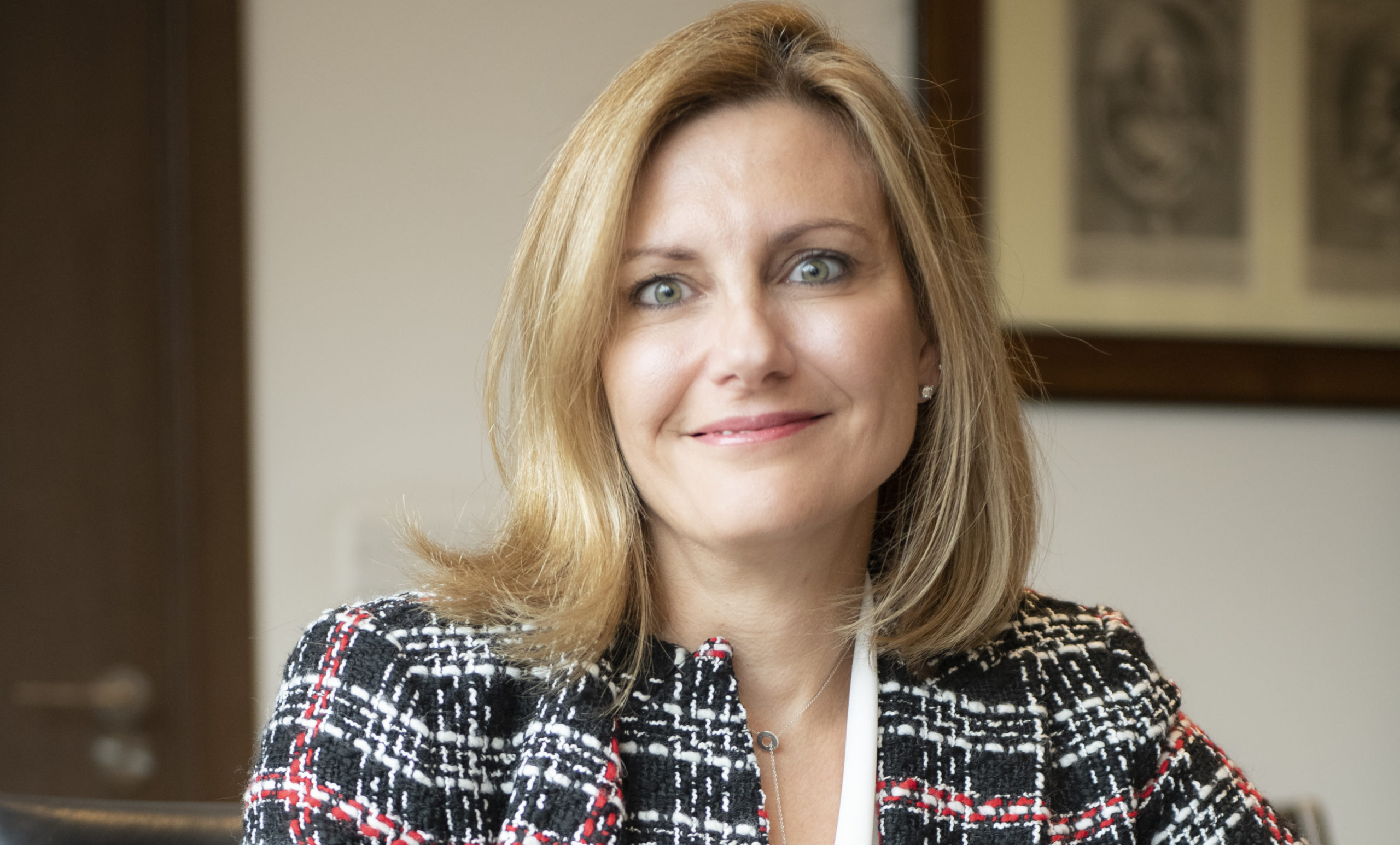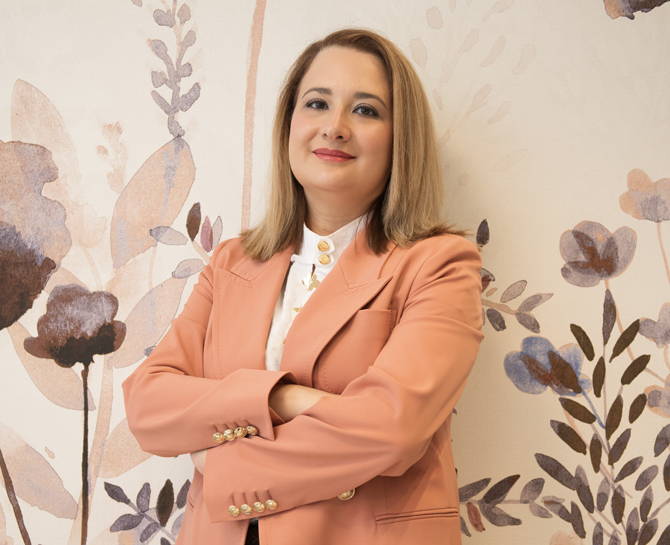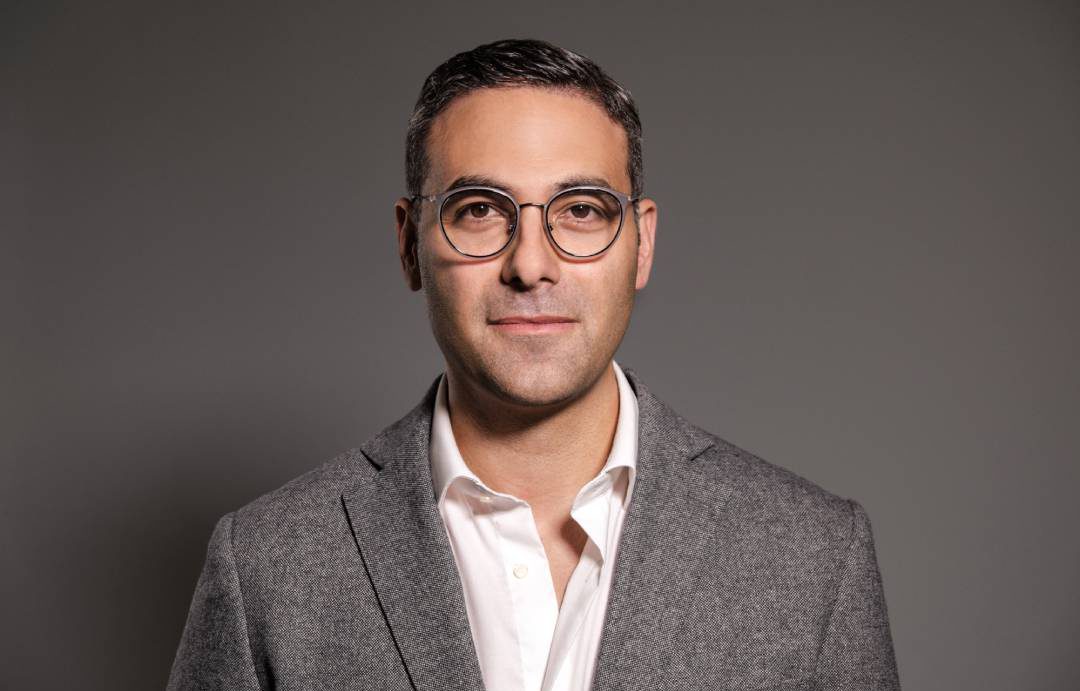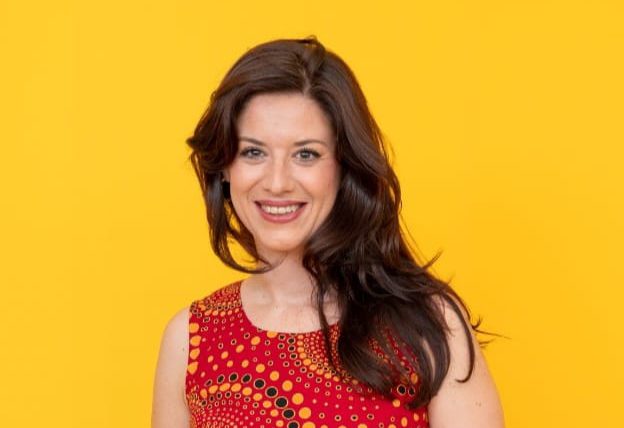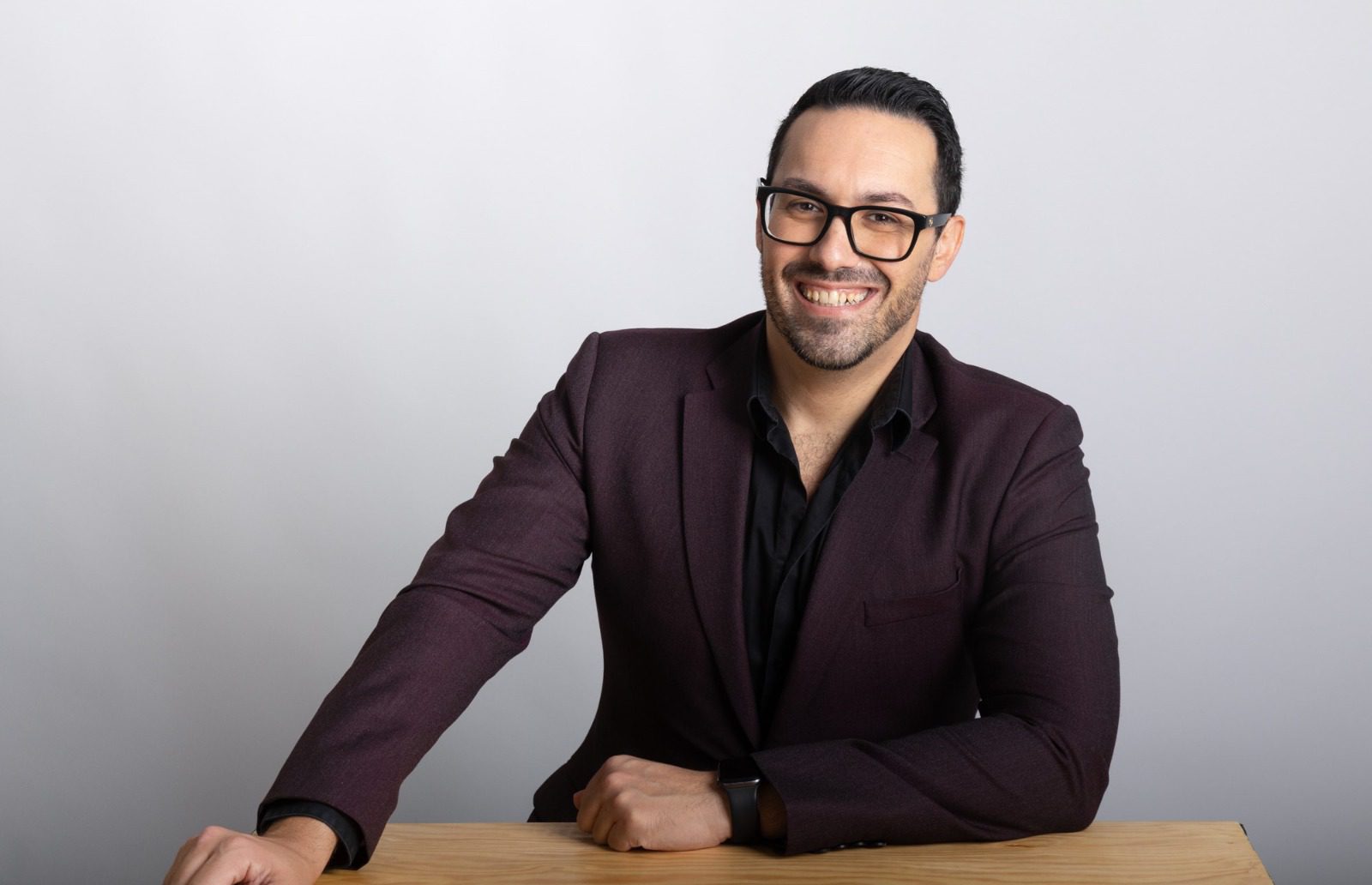Adriana Camilleri Vassallo co-founded Francis J. Vassallo & Associates Ltd (FJVA) alongside her father in 1998, after spending a couple of years at one of the Big Four audit firms. As of 2019, she is the firm’s CEO.
In this interview – which forms part of a series with women business leaders in Malta – Adriana looks back on her career trajectory, sharing her views on gender equality and women in leadership.
“Although FJVA might have initially had the semblance of a family run business, we soon grew to be a complement of seven partners comprised of both family and non-family members,” Adriana explains, noting that despite initially being family-run, her growth within the firm was the result of dedication and hard work, above all else.
“The only time success comes before work is in the dictionary, and through additional responsibility and increasing initiative, I realised that I had naturally transitioned into a leadership position,” she says, noting that a title was not crucial in defining her responsibilities.
Having been elected CEO of FJVA in 2019, after many years of personal and professional growth within the company, Adriana muses, “one might think that working for a family business should have helped secure the position earlier in my career, however this was not the case.” Having had to continuously prove herself and her abilities, the CEO adds, “my father was and continues to be my mentor, but also my harshest critic.”
Speaking of career challenges related to gender, Adriana affirms, “my father and I have always been advocates of gender equality and this is reflected in the high number of leadership positions occupied by extremely talented women within our firm. We understand the challenges faced by most women in creating a balance between family and a professional career and I, as a mother myself, will do whatever is required to assist women in achieving their goals.”
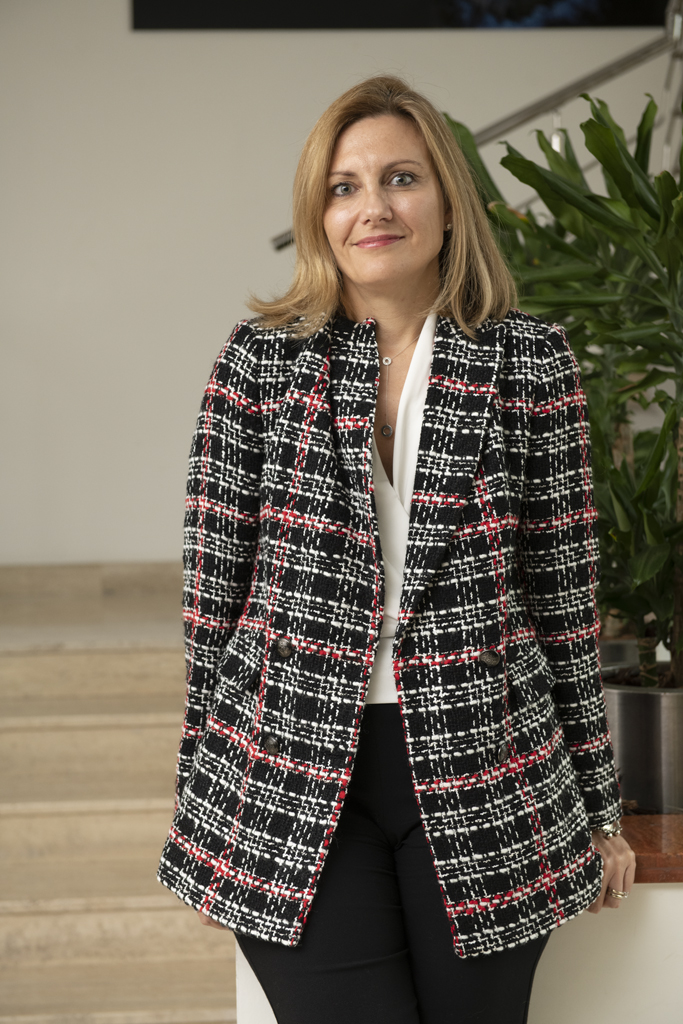
However, the CEO acknowledges that the challenges and obstacles are not only internal – external influences should also be taken into consideration. “We live in an extended society where chauvinistic tendencies of the past are still prevalent, and these extend across borders,” Adriana laments, adding that while these may create barriers and self-doubt, women need to be true to themselves, harness their fears and move forward, influencing with integrity and strength.
Whilst Adriana admits to not having experienced gender related obstacles herself, she draws attention to the fact that women lag substantially in certain male dominated industries, in terms of representation in leadership positions. “Greater access to education over the decades and the growing presence of female role models have brought a surge of highly qualified and talented women to the forefront. However, many women still feel compelled to make a choice between family obligations and their career,” Adriana maintains, noting that, whilst societal expectations and long-standing traditions still prevail, many women are now seeing beyond these and realising that they have the potential to create a good balance between raising a family and pursuing a career.
“In my experience, one doesn’t have to come at the expense of the other. After all, it is not about quantity but about quality, so don’t just spend the time, use it wisely,” she says. Drawing from her own experience of balancing family obligations with her career, Adriana is grateful of having built a strong support mechanism over the years, and that household chores are shared.
“Whilst I initially faced certain expectations as a wife and mother, with the help, understanding and support of my husband, I broke those expectations early on in my career. I also ensured that I didn’t have to depend on family members to assist with caring for my children,” she explains, sharing that once she had made the decision to balance bringing up a family with pursuing a career, she engaged someone to help with the children. “It certainly wasn’t easy at first as it meant that a large portion of our income would go to paying a salary, but the sacrifice paid off in the end, and continuous perseverance and support from one’s partner leads to achieving one’s goals.”
Whilst this has been her personal experience, the CEO appreciates that not everyone has the same family dynamics and circumstances, and for this reason, took the initiative to set up a childcare centre at FJVA. “Looking at it from a CEO’s point of view, we need to cater for all women, no matter what their circumstances may be, and the help of the firm for these women to succeed remains crucial in our agenda,” she states.
Commenting on the fact that Malta scores low among EU countries in its representation of women holding board positions in large companies, Adriana feels that society is evolving, although somewhat slowly.
“It needs to be recognised that men and women bring a unique blend of diversity and perspective to a boardroom. In the same way that men and women are biologically different, so may be their approach to business. That’s not to suggest that either approach is more effective or better than the other. It just means that they may see things through a different lens which may lead to a more holistic understanding of the needs of all stakeholders,” she affirms, drawing also on the fact that female leaders can act as role models and mentors to other women and young girls.
“A strong representation of women in the boardroom may have a trickle-down effect in breaking down stereotypes and, although I am not fully supportive of setting quotas for a number of reasons, I do acknowledge the argument that quotas may bring positive change by allowing female leaders to serve as role models, inspire and provide motivation for women to pursue further education, a career and leadership positions. This could help in accelerating a change culture,” Adriana adds.
And, whilst certain measures such as free childcare and tax incentives have been introduced to encourage female participation in the workforce, the CEO believes that this may not be enough.
“Women need to have a stronger support mechanism in place and the flexibility to work around family demands,” she maintains, adding that 2020 has accelerated this ability through the use of technology and remote working. “Although remote working brings with it its advantages, I acknowledge that as a parent it comes with its challenges, and as a leader, one has to have oversight of what is happening within the firm. However, technology does allow one to bring the boardroom home,” she concludes, highlighting that more flexibility in choosing when and where one can work can accelerate inclusion and gender equality in the workplace.
Featured Image:
Bernard Polidano
‘My vision is not just to meet local standards, but to exceed them’ – Dr Anna Maria Fenech Magrin
The Medical Director at DoctorAM Clinics is bringing all of her knowedge and experience in the field of aesthetic medicine ...
Addressing skill gap in advanced technology will be 2024’s primary challenge – EBO.ai CEO Gege Gatt
During an interview from our latest series, the AI expert says he wants to align his personal growth with that ...
Charlene Sciberras’s journey to CEO ‘reshaped’ her approach to leadership and ‘honed’ her abilities
In our end-of-year series, she states that her promotion to CEO back in March was a ‘pivotal and transformative experience’ ...
‘Success is a shared journey, not a solo endeavour’ – VentureMax CEO Justin Paul Anastasi
In the latest article from MaltaCEOs.mt’s interview series, the VentureMax CEO says 2023 was ‘transformative’, yet also equally ‘intense’ and ...


